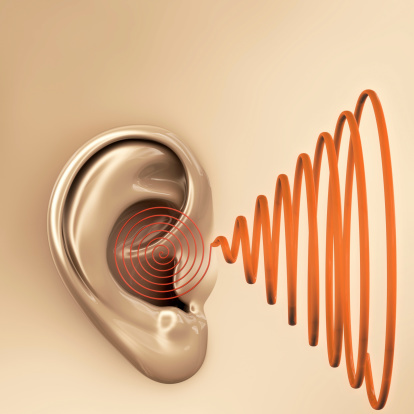 By Supporter Contributor John Terra
By Supporter Contributor John Terra

Image: John Terra
Genetic tests for deafness can help doctors anticipate possible hearing problems later in life.
Of course, no test is infallible, but the advances made do bear a closer look, especially one recent intriguing breakthrough that comes from the University of Iowa.
New Tests Available
Patients who have some form of hereditary hearing loss must subject themselves to a battery of genetic tests in order to find out the specific cause. These tests are expensive and time-consuming, since it involves single-gene testing, and there are 70 known genes that cause deafness. That’s quite a search.
A recent breakthrough at the University of Iowa has created a single test that screens all 70 known genes in a single test tube, which makes for an enormous savings in time and cost, not to mention a greater likelihood of accuracy. It’s a three-day-long test that isolates the desired section of the genome by means of something called a targeted sequence capture, followed by washing away the irrelevant portion of the genome, and then sequencing the genes left over.
The test costs around $1500, which the intention to reduce it to $500, as opposed to the current testing methods, which can run up to $1800 and take up to three months.
Unfortunately, No Test Is Perfect
In a study published in the Journal of Medical Genetics in mid-2013, 100 patients received comprehensive genetic testing for hearing loss, with 56% of them getting a clear diagnosis. This is as opposed to a 44% diagnostic rate in the general population.
And while 56% is a good number and a noticeable improvement over the more traditional testing methods, that number is still hovering around the half-way range. So, slightly more than half the people tested get a clear diagnosis, which means that almost half of the people don’t.
The problem is, for all of the advances made in the field of genetics, the human genome is still pretty much terra incognita. There is so much still be learned, and the best tests out there are only as effective as the genetic information available.
If you think about it, it’s sort of like anti-malware software. The only malware that these applications can [screen] are the ones that have been identified and catalogued. The same goes for testing for genetic deafness: the testing can only spot genes that have already been identified as being associated with deafness.
The other thing to keep in mind is that genetic factors account for roughly 60% of hearing loss in children, which means that a hefty 40% is outside this purview and thus can’t be detected by gene testing.
It’s A Good Start, Though
As more of the human genome gets mapped out, genetic testing, not only for deafness but for other hereditary conditions out there, will get more accurate and effective, thereby helping doctors and patients alike become better educated on the risks and plan ahead for what may come.
John Terra has been a freelance writer since 1985. There is genetic deafness present on his father’s side of the family. John writes about everything from content marketing to automobile maintenance.






